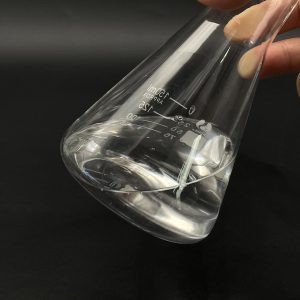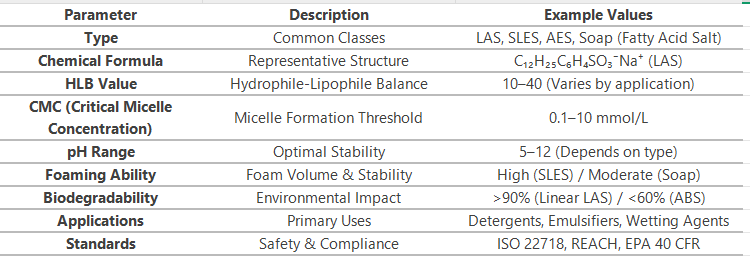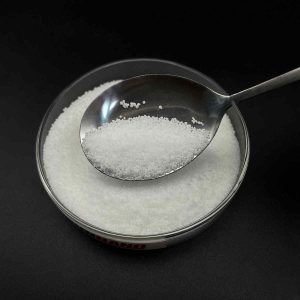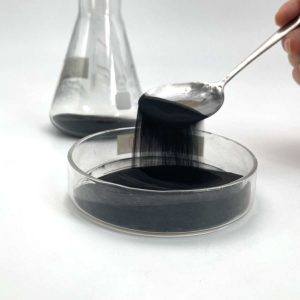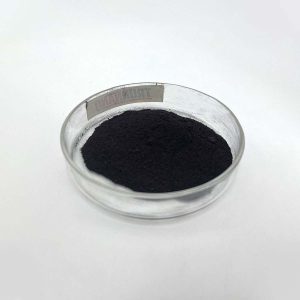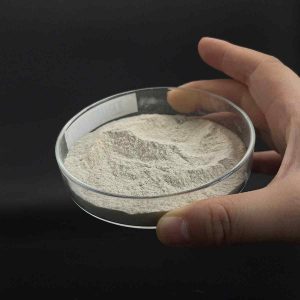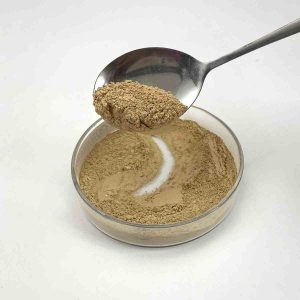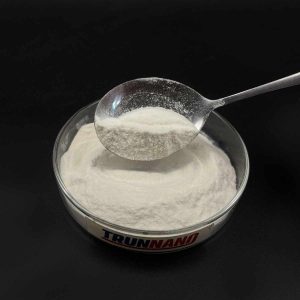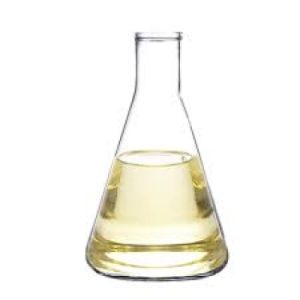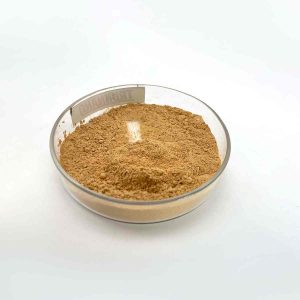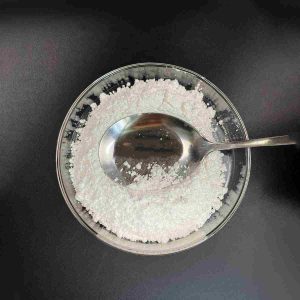-
Anionic Surfactant
Wholes s Thickener CDEA 6501 Coconut Oil Non-Ionic Surfactant Diethanolamide
-
Anionic Surfactant
Surfactant Sodium Dodecyl Benzene Sulfonate Cas No.:25155-30-0
-
Anionic Surfactant
TUW carboxylic acid based anionic fluorocarbon surfactant
-
Anionic Surfactant
Cosmetic Grade Surfactant Sodium Cocoyl Glutamate Powder CAS 68187-32-6
Product Categories
- Cationic Surfactant (654)
- Nonionic Surfactant (396)
- Amphoteric Surfactant (349)
- Biosurfactant (119)
- Gemini Surfactant (141)
- Polymer Surfactant (743)
- Specialty Surfactant (382)
- Anionic Surfactant (539)

